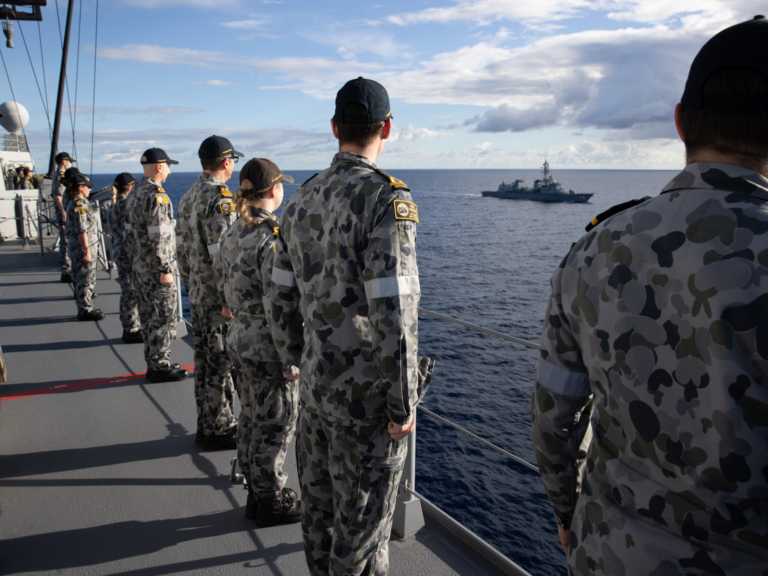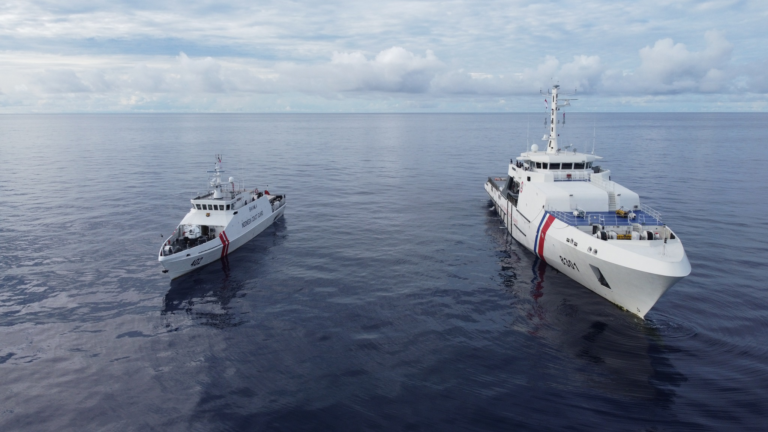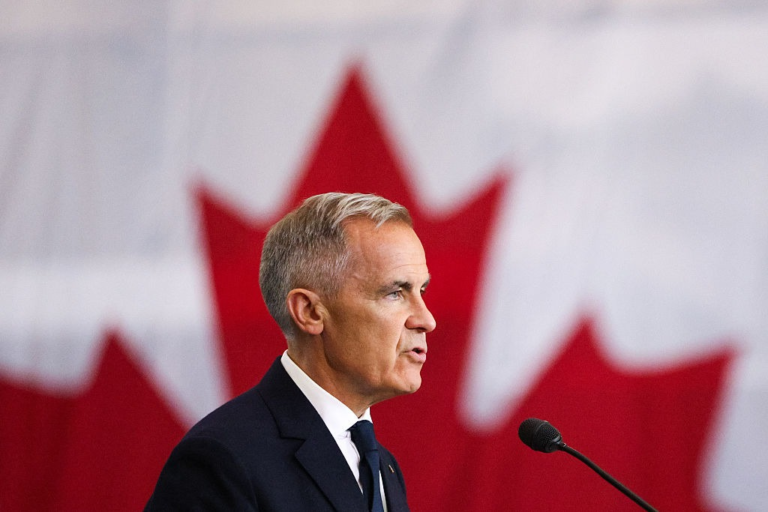
Since its inception in 2013, the annual Indo-Pacific Safety Air Forces Exchange (ISAFE) has evolved into a cornerstone of aviation cooperation, bringing together more than a dozen nations to enhance safety and interoperability.
“Events like ISAFE are incredibly meaningful for three reasons,” Mike Bosack, special advisor for government relations at the Japan-based Yokosuka Council on Asia Pacific Studies, told FORUM. “First, they maintain issue attention. Second, they increase networks and relationships among the respective offices responsible for aviation safety. Finally, they bring together experts on safety to deliberate the pressing challenges in aviation safety.”
Military aviation safety experts gathered in Guam in May for ISAFE 2025. Hosted by the United States Pacific Air Forces (PACAF), the event emphasized topics including collaborative risk management, institutionalizing safety management systems and mitigating bird strike hazards. Participants included Australia, Cambodia, Canada, Indonesia, Japan, Malaysia, Maldives, Mongolia, the Philippines, Singapore, South Korea, Sri Lanka, Taiwan, Thailand and the United Kingdom.
“While nations may approach safety differently, the purpose of this conference is to allow room for collaboration and growth together,” Col. H. Warren Rohlfs, PACAF safety director, said in a news release.
Aviation safety is integral not only to operational success but also to building trust among partners, especially given regional security tensions.
“Whenever partner militaries come together to improve aviation safety, the positive effects extend to their home countries and can contribute to the civilian sector as well,” Bosack said. “Further, the focus on international standards, cooperation, and adherence to rules and norms are all factors which support confidence building despite other perceived geopolitical sensitivities or regional tensions.”
ISAFE fosters dialogue even where political and military alignment may be limited, thereby reinforcing shared norms, he said.
ISAFE’s benefits extend into military exercises such as Cope North and Pitch Black, which involve high-intensity, multinational aviation operations, Bosack said. “Military exercises come with inherent risk because operators are deliberately testing the limits of their capabilities. Initiatives such as ISAFE are essential for mitigating that risk and ensuring that partner militaries are able to push the boundaries and improve readiness both effectively and safely.”
As regional air forces face emerging challenges such as the proliferation of drones, ISAFE remains an adaptive platform. “The most immediate challenge will be managing the exponential increase in small, unmanned aerial systems and their potential impact around airfields and in air corridors,” Bosack said.
Meanwhile, ISAFE’s lessons facilitate safe and efficient aviation operations during disaster response missions and other emergencies, when airfields and other critical infrastructure may be damaged or destroyed.
“ISAFE offers a mechanism for partner militaries to share experiences and lessons learned from these situations, which can then contribute to future planning and exercises,” Bosack said.
Peter Parson is a FORUM contributor based in Hamilton, New Zealand.





